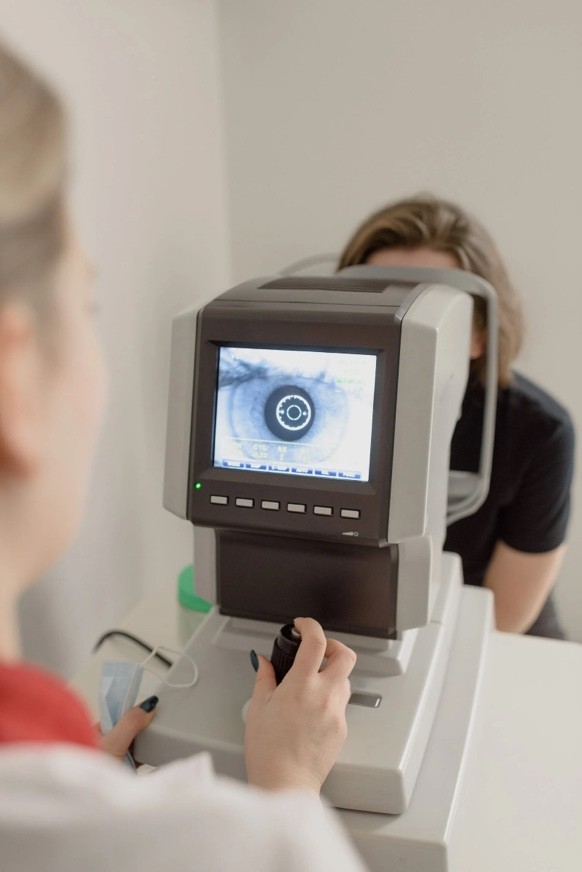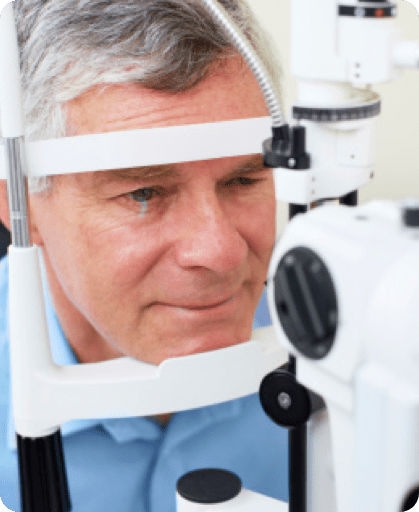Cataracts are a common eye condition where the lens becomes clouded, leading to decreased vision. It's most often related to aging but can also result from injury, certain diseases, or genetic factors. Symptoms include blurred vision, difficulty with bright lights, and faded colours. Treatment typically involves surgical removal of the cloudy lens.
Corneal surgery is a type of eye surgery that involves the cornea, which is the clear, dome-shaped surface that covers the front of the eye.
General ophthalmology is a branch of medicine that deals with the diagnosis and treatment of eye-related problems and diseases.
Glaucoma is a group of eye conditions that damage the optic nerve, crucial for good vision, often due to abnormally high pressure in the eye. It can lead to vision loss if not treated early. Symptoms may not appear until advanced stages, making regular eye exams important for early detection.
Medical retina is a subspecialty of ophthalmology that focuses on the diagnosis and treatment of conditions that affect the retina, the light-sensitive tissue at the back of the eye. The retina is responsible for transmitting visual information to the brain, and any damage or disease can result in vision loss or blindness.
Common diseases include: macular degeneration, retinal detachment and diabetic eye disease (retinopathy).
Oculoplastic surgery is a specialised field of ophthalmic surgery that focuses on the diagnosis and treatment of conditions affecting the eyelids, orbit (eye socket), and tear ducts.
Refractive laser eye surgery (eg: SMILE, LASIK, etc) aims to correct common vision problems, such as nearsightedness / shortsightedness (myopia), farsightedness (hyperopia), astigmatism and presbyopia.
Surgical retina refers to the sub-specialty within ophthalmology that focuses on surgical procedures to treat conditions of the retina and vitreous, which are the innermost layers of the eye.

